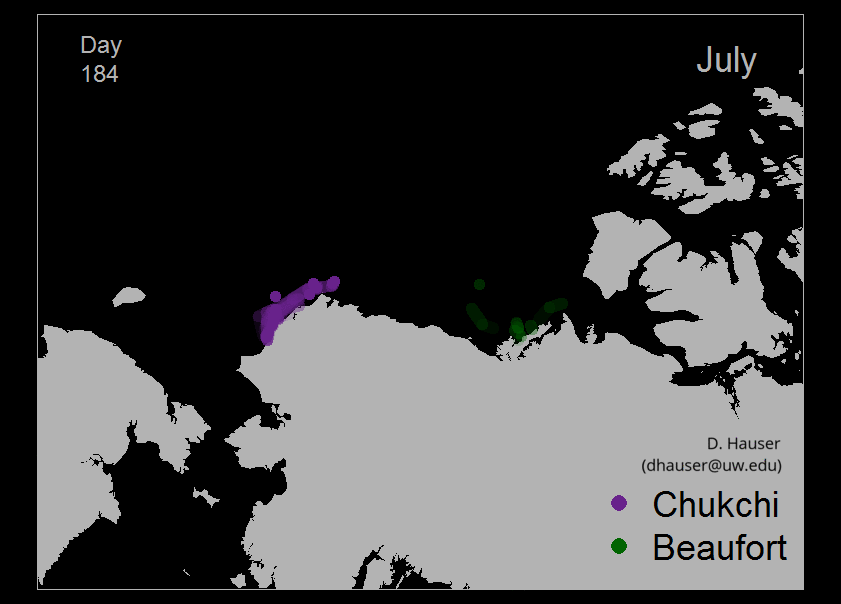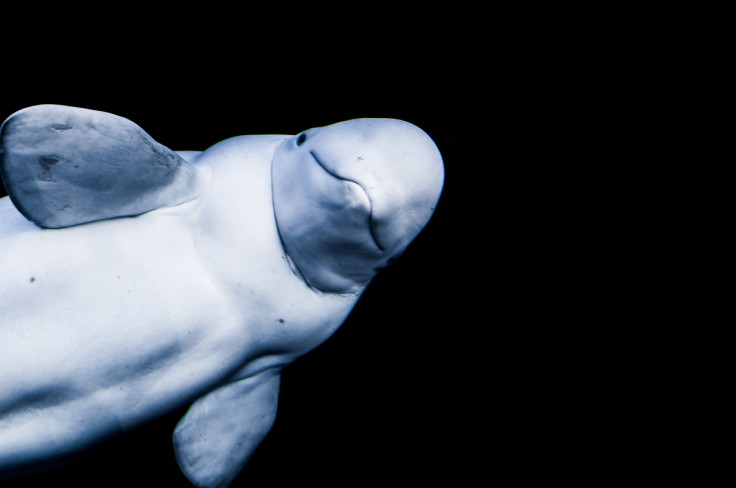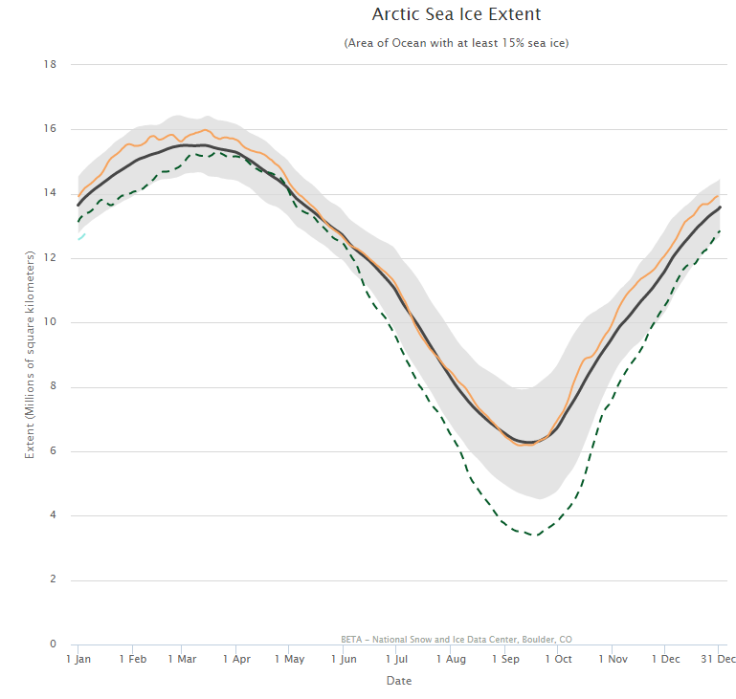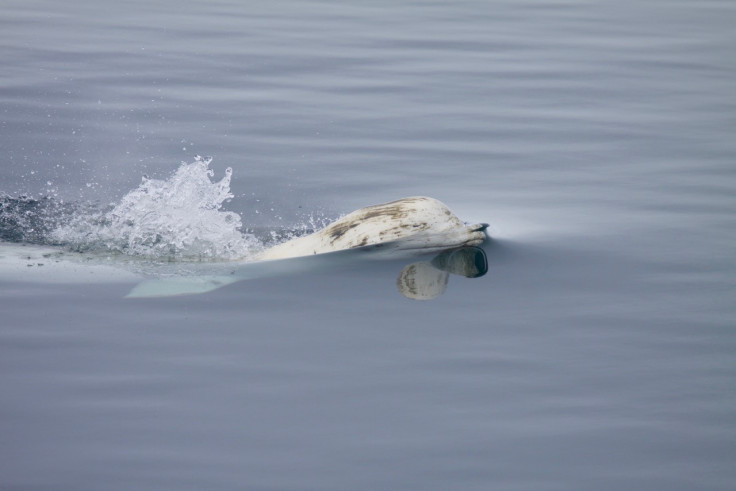Majestic beluga whales respond erratically to summer sea ice loss in the Arctic
Some beluga whales are delaying their return to more southerly seas for winter for more than a month.
Some beluga whales are adapting to climate change by changing their migratory habits, while other are not, a new study finds.
Beluga whales spend the summer in the Beaufort and Chukchi seas, and winters in the warmer Bering Sea to the south.
Some beluga whales are delaying their autumn southern migration by up to four weeks, according to a paper published in the journal Global Change Biology. This is thought to be due to temperatures being warmer for longer in the autumn and there being less sea ice in the north. However, another genetically distinct population of belugas does not seem to have adapted the timing of its autumn migration.

Beluga whales learn their migratory patterns from their mothers, and so it came as a surprise to scientists that the whales would adapt to a warming climate within their lifetimes.
"The biggest take-home message is that belugas can respond relatively quickly to their changing environment, yet we can't expect a uniform response across all beluga populations," said study author Donna Hauser of the University of Washington's Polar Science Center in a statement.
The team compared data on migrations from the period 1993-2002 with the period 2004-12. Within this period, the minimum annual Arctic sea ice extent declined by about 2.8 million square kilometres.

"One of the predictions of climate change is animals are going to change [beluga whales'] seasonal presence in a region," said Kate Stafford, a co-author and oceanographer at the UW's Applied Physics Laboratory who uses the underwater microphones to study a range of animals in the Arctic.
"This study shows that at least one population of belugas might be adapting to rapid changes in its environment. We can't be sure, but this study is a start in documenting how an Arctic species is reacting to these changing conditions."

The results suggest that reactions to climate change even within a species are likely to be complex and unpredictable, particularly in the fast-warming Arctic. This may make the job of conservationists trying to protect endangered species harder, for example.
Recent studies have already detailed how climate change is affecting species and populations globally from the genetic to the ecological level.

© Copyright IBTimes 2025. All rights reserved.





















